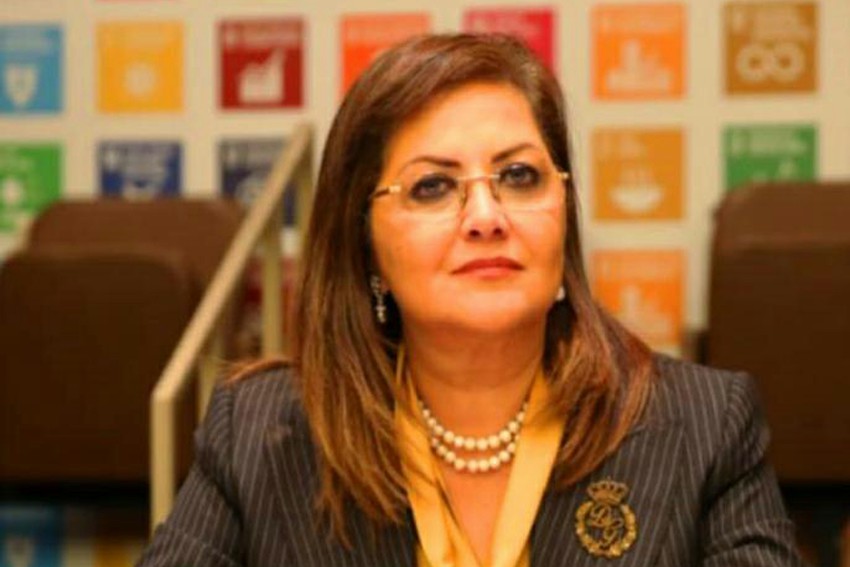Incorporating the economic, social and environmental dimensions of sustainable development, Egypt’s Vision 2030 puts forward a strategy to achieve inclusive growth that promotes a balance between all segments of society.

“Egypt’s Strategy for Sustainable Development,” says Egypt’s Minister of Planning, Hala El Said, “is the roadmap that will shape the future to which the country’s citizens aspire.”
Implemented in 2016, this national strategy, known commonly as Vision 2030, aims to harmonize the goals of government with the outlooks of the private sector, civil society, national and international organizations, experts and academics.
“It is a very ambitious and long-term plan,” explains Minister El Said, the woman in charge of overseeing the strategy. “It is our national version of the SDG. It is rooted in the concept of sustainable development and seeks to improve quality of life in Egypt today without prejudicing the rights of future generations.”
Incorporating the economic, social and environmental dimensions of sustainable development, Egypt’s Vision 2030 sets up various pillars beneath each of the main policy areas. On the economic front, these pillars include energy, innovation and scientific research, together with the transparency and efficiency of governmental institutions. Social development factors include social justice, education and training, health and culture, while there are also pillars for environment and urban development. Foreign policy, national security and domestic policy form the overarching schema for the strategy and set the determinants of the pillars.
“Each sets out strategic targets and performance indicators that identify the current situation and the standards to be attained by 2020 and 2030,” says Minister El Said. “They also outline anticipated challenges and the programs and projects that will be carried out in order to meet our goals.”
Absolutely central to these objectives is inclusive growth, stresses the minister: “Inclusive growth seeks to promote a balance between the different classes of society and the various regions of the country in order to ensure that positive outcomes reach all segments of society and all parts of the country.”
Inclusivity is not just about class, but about gender and age too. “Vision 2030 is an inclusive strategy, and that means women and young people,” says Minister El Said.
With 60 percent of the Egyptian population now under the age of 30, representing one of the country’s main assets and its future, the ministry has been at pains to include a cross-section of young people in the planning and execution of Vision 2030.
“We have a very big team of young Egyptians working very closely with the ministry, discussing all the targets and objectives of the vision, its implementation and its achievements.”
When it comes to inclusive growth and greater opportunities for Egypt’s female population, Minister El Said highlights that her role at the helm of such an important national ministry is symbolic of the government’s commitment to achieving gender equality.
“We are very privileged to have a president that believes very much in the capabilities and abilities of Egyptian women,” she says. “In fact, we have eight females in the ministry responsible for the core portfolio of government, as well as 89 female parliamentarians. “On a wider note, we want to increase the rate of women in the workforce to 35 percent by 2030, especially in leadership positions.”
In order to reach its shortterm aim of 8 percent economic growth within the next four years, the minister says that one of main objectives of the government is increasing job offers in the employment market.
“Reaching 8 percent is quite feasible and achievable with the amount of investment that the government and the private sector are putting into the country. However, we have 750,000 graduates every year that enter the labor market, so our major challenge resides in providing enough positions for those people.”
To achieve this, and all of the goals outlined by Vision 2030, the minister stresses that “more participation between all parties and sectors of society is required in order to move forward.”
0 COMMENTS